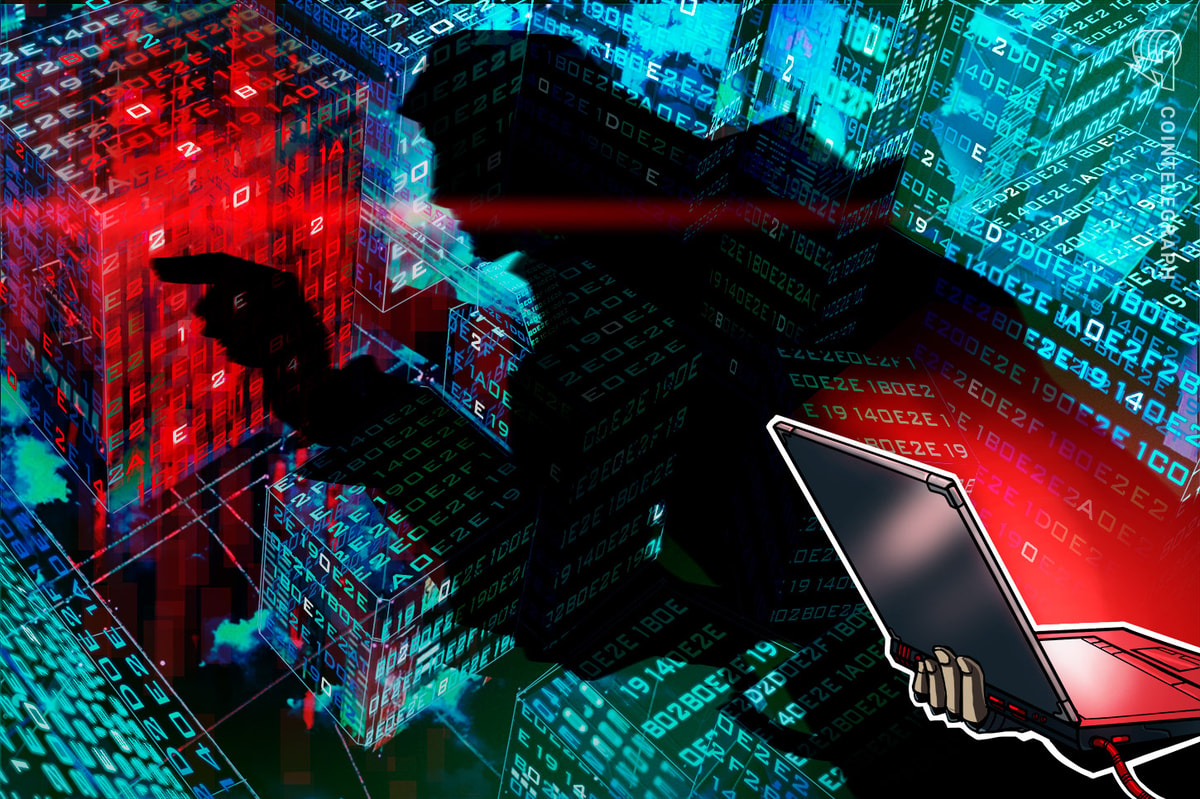What are the most crucial business skills one has to develop?
There are five most important ones.
- Critical thinking
Although it is difficult to notice the problems yourself when you catch fire with your dream, it is an essential skill to identify the weaknesses and challenges your ideas might have. Nevertheless, you should never underestimate logical thinking skills and the ability to listen to your opponents.
- Focus and discipline
Focus and discipline are vital in any field and type of business. Nowadays there are a lot of noise and distraction around. So you should make every effort to stay concentrated.
- Being human
Successful businesses are built on communications and relationships with real people. Pay attention to people’s wishes and ideas, and you will know a lot of new things.
- Getting things done
Your business’ success depends on your employees. Find people of action and motivate them, and the result will be not long in coming.
- Competitive spirit
Most successful businesses and ideas are not unique, and you are not the only one eager to realize your dreams. You should be ready to compete with your opponents to be successful.
All right, but how to develop these skills efficiently?
You might be surprised, but try poker.
To develop the skills you should be ready to change some of your habits.
Surround yourself with the people who have the same goals and let them share their opinions with you, especially if they are different from yours. Do not be afraid to admit mistakes and lapses. Make internal climate more relaxed. Talk more with various people.
It may be surprising, but a lot of useful-in-business skills are required to win in poker. No wonder poker is even taught in business schools. Playing the game requires you to consider every step you take and anticipate competitors’ actions. In poker, you compete with people who are eager to hit the jackpot, too. And to choose the best strategy, you have to calculate your risks. The easiest way to win is to communicate with the players, find a way to each person, and lead others. So it’s obvious all these poker skills correlate with business competencies.
Got it, and what does Blockchain have to do with it?
Though poker is popular all over the world, there are some issues involved.
You may play with real people, but online poker games are growing in its popularity. And that’s where some issues are involved. Majority of online casinos or casino applications force a player to take part in a number of rounds. Otherwise, withdrawals are restricted. All online casinos use traditional means of payments, so a lot of bank operations are conducted, and it means money transfers and huge fees. No player is protected from casino bankruptcy, either. If that happens, you have little chance to get your money back. The most significant problem is a random number generator (RNG). The system owner can influence the generator, and it can cause mistrust from some players.
This is where Blockchain comes ‘in handy.’ The technology is used to make online gambling ‘provably fair.’ Some information is not open for everybody, i.e., the process of choosing the winning numbers. But the entire process is clear, and all the algorithms are visible for everyone. For instance, the Cash Pro Poker project has found a way to avoid these obstacles.
How does it work?
Pseudorandom number generator (PRNG) based on Blockchain is the way to change the game.
PRNG takes some initial values and returns a number that is not distinguished from a random number. The Blockchain structure does impose some restrictions.
All the initial values data is taken from the open sources and available for everybody. Calculations and verifications also require time. But in online casinos, everything moves rapidly, and two to three minutes is way too long to wait.
The main idea is to generate random numbers using smart contracts from some pool. The initial values are taken from the open sources and combined with a random one-time number, i.e. nonce. Bitcoin and Ethereum block hashes are usually used for this purpose. Nonce allows generating a unique number for each shuffling step. All the information is open to everybody so that every player can check the algorithm. The winning card deals can be calculated later by double-checking, and the cheater will be exposed since all the block information is recorded in a public ledger.
Blockchain can also solve the payment problems. Cryptocurrencies are pseudonymous, and cannot be entirely controlled by governments, payments are rapid and have low fees.











